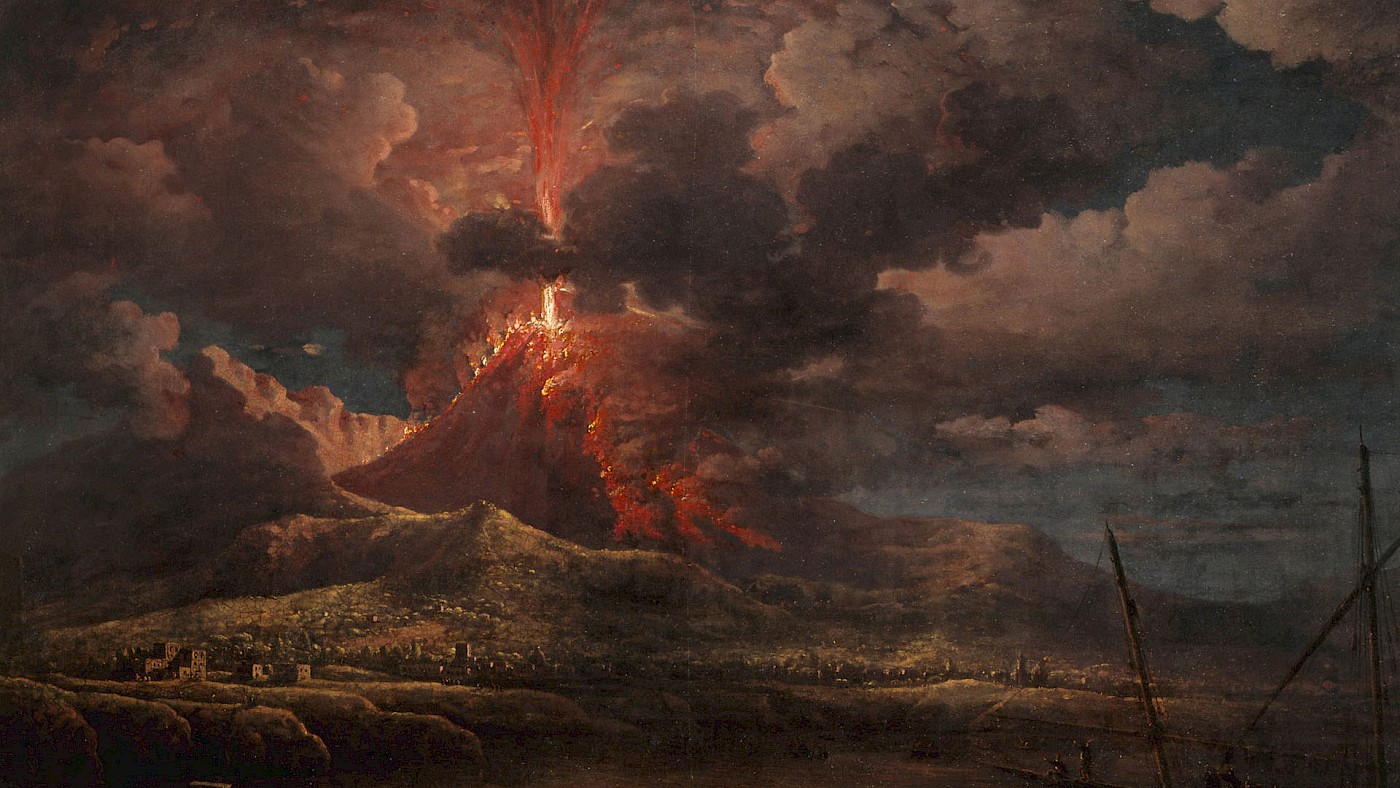We are very fortunate to have two great Roman personalities among the eye-witnesses of the eruption of Vesuvius in AD 79. Uncle and nephew, Pliny the Elder and Pliny the Younger both experienced the horror of the six eruptions, the last of which claimed the older man’s life.
The incident was recorded by Pliny the Younger at the request of his friend, the historian Tacitus. After Pliny’s initial description sent in a letter to him, Tacitus asked for more details resulting in a further account.
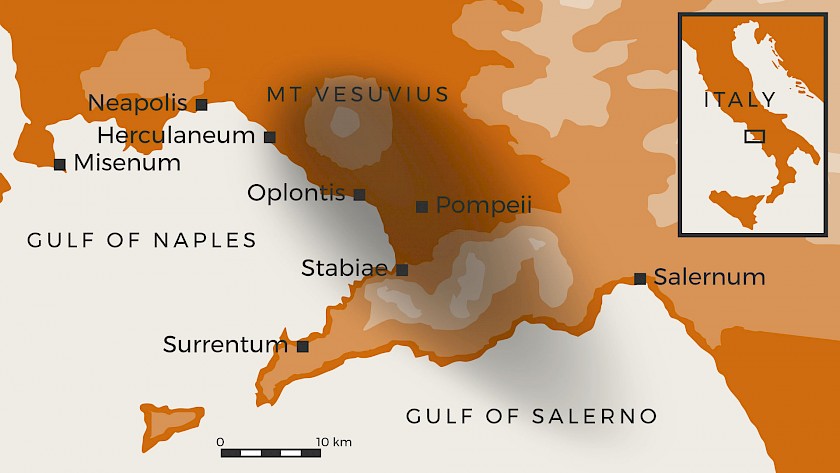
Pliny the Younger wrote many letters throughout his illustrious career, 121 of which survive and are collected in ten volumes. The most famous among these are the two letters describing the eruption of Vesuvius (nos 16 and 20) that we are examining here, as well as a fascinating query to the Emperor Trajan regarding the policy towards the early Christians, complete with the Emperor’s reply (nos 96 and 97). Letter no 96 was written by Pliny in his capacity as Governor of Bithynia et Pontus and is regarded as the earliest reference to Christianity by a pagan author. (Quotations from letters appear in John B. Frith’s translation of 1900.)
From Misenum to Stabiae
The 18-year-old Pliny the Younger witnessed the eruption of Mt Vesuvius in AD 79 from Misenum (modern Miseno), where he was residing with his mother, Plinia, and maternal uncle, Pliny the Elder, the praefect of the naval fleet. An important naval base, Misenum was renowned both for its strategic location and natural beauty. It is from there that the older Pliny left with his fleet for a rescue expedition that was to be his last.
Twenty-five years later, the younger Pliny wrote two letters addressed to his friend, the historian Cornelius Tacitus, where he deals with the death of his beloved uncle during the sixth and most violent eruption of Mount Vesuvius, which he describes vividly and in great detail.
Pliny the Elder met his death at the coastal city of Stabiae, where he had arrived with his ships from Misenum, hoping to save a family friend from the lava and poisonous gasses of the volcano. The young Pliny described to Tacitus how his uncle remained calm and led others to safety, but was found dead the day after the eruptions. The earlier eruptions, which had already destroyed nearby Pompeii and Herculaneum (Ercolano), had been likened by the elder Pliny to the shape of the Italian Stone Pine tree.
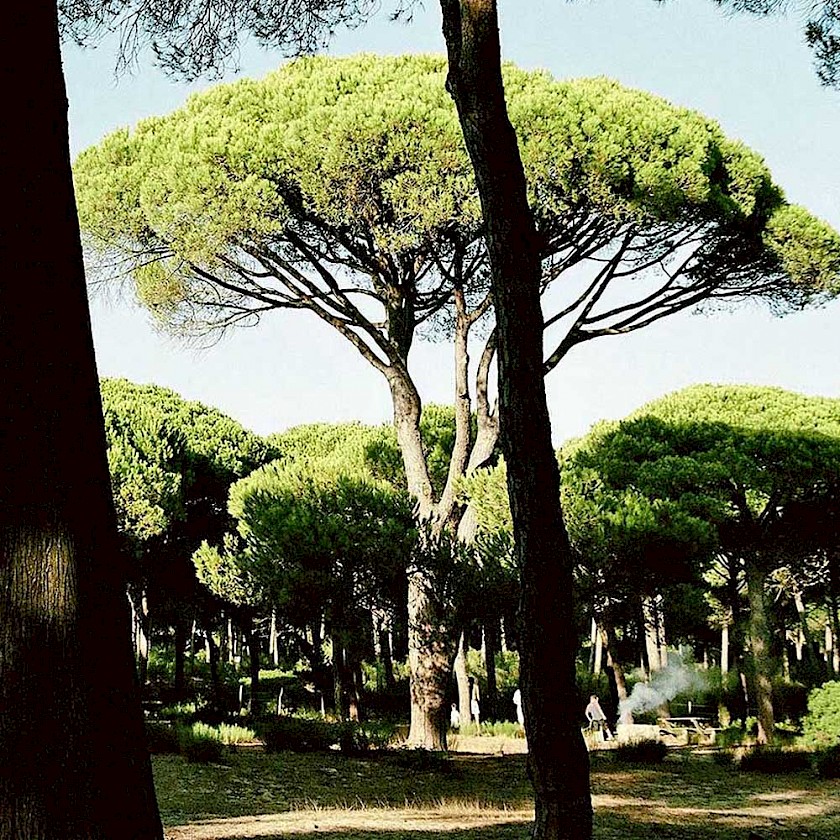
“Fortune favours the brave” is a Roman saying. It is found several times in Latin literature and was used by Pliny the Elder when he urged on his crew towards Stabiae to help his friend Pomponianus. Those who were with him indeed witnessed a great display of bravery and leadership from him from the moment he reached Pomponianus until the time of his death.
Having calmly organised the evacuation at the last moment Pliny was overcome by fumes. As his companions survived the eruption to tell the tale, it has lead some commentators to think that he may have died not of poisonous gasses, but of natural causes.
Furthermore, as the younger Pliny tells us that his original desire to head towards the eruption was to satisfy his scientific curiosity before being asked by Plinia to divert to Stabiae to answer the call for help, others, even less generously, attribute a solely scientific, rather than humanitarian, motive for the Admiral’s presence there.
Emulating his adoptive father
Pliny the Younger’s father died early on and his maternal uncle moved in with his sister Plinia and her son. They were all very close, as is evident from the letters the Young Pliny addressed to his friends. Writing to a school friend, Romanus Firmus, he cites family bonds between them thus: “there was the strictest friendship between my mother and uncle and your father”, which shows the place his uncle had in the family.
Upon Pliny the Elder’s death, his nephew became his adopted son and inherited his estate.
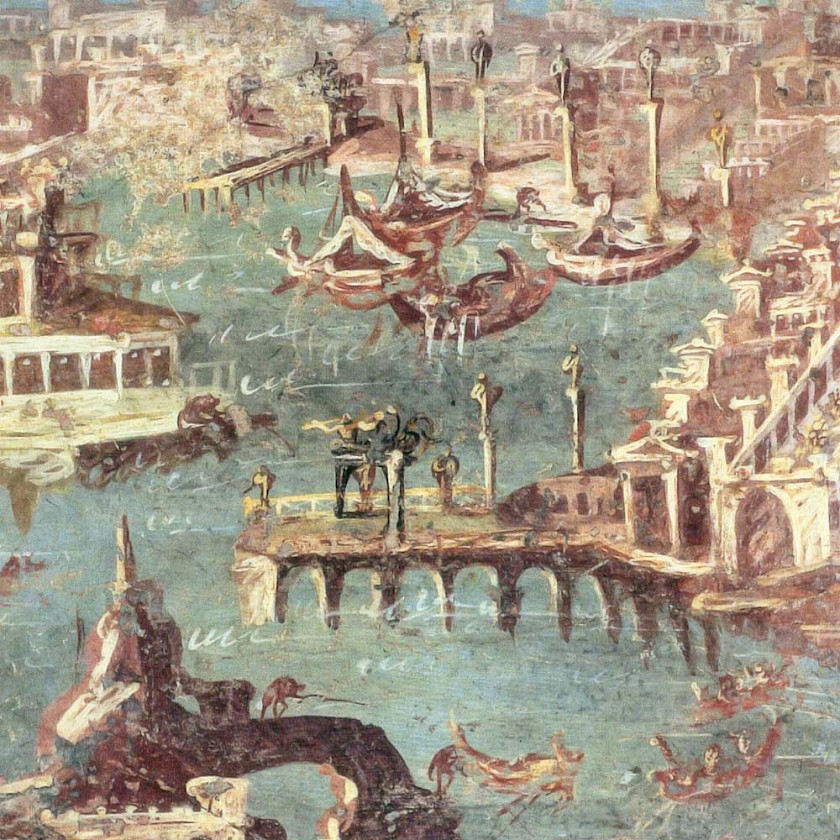
Pliny the Younger wrote extensively about his uncle, leaving a rounded portrait; for example on his eating habits, which he approvingly described as being in line with those of their Roman forefathers, he tells us that his uncle ate simply: “a short and light refreshment at noon (agreeably to the good old custom of our ancestors).” He writes elsewhere: “I find all wise men agree that one can do nothing better than follow in the footsteps of one’s ancestors, provided that they have gone in the right path themselves.”
We know too from his letters that his uncle took cold baths and spent all of his spare time on his studies, “for he thought every hour gone that was not given to study.”
The classics and Roman virtue
Like his uncle, Pliny the Younger was an avid reader of the classics, and in consequence his letters abound with references from Homer, Demosthenes, Ovid, Quintilian, and others. The letters about his uncle paint the picture of an ideal Roman and a man of letters.
The Roman ideal was obviously very important to the family and he wanted to make sure that his uncle’s measured life and virtue was recognized among Romans. The younger Pliny is at pains to show that the same fortitude that the Elder Pliny displayed throughout his life, did not desert him at the time of his death under the clouds of Vesuvius.
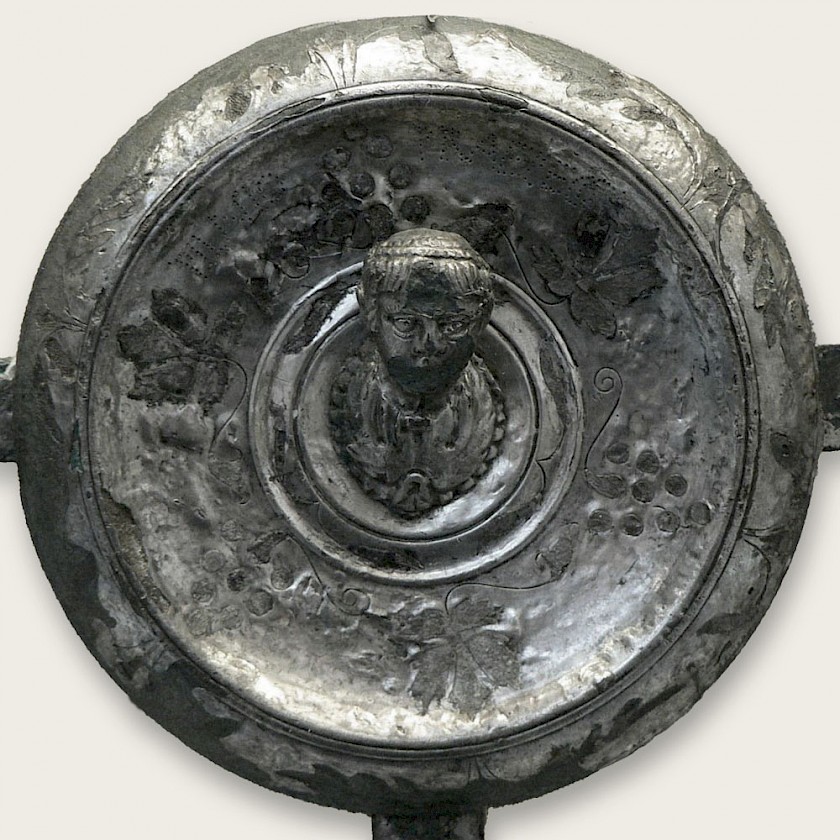
In writing about his uncle, his nephew does not seek to make a rhetorical gesture but a substantial historical statement. In writing history he wants to ensure that the pitfalls of oratory are not going to diminish his task: “For, as Thucydides remarks [Thuc. 1.22], it makes all the difference whether the composition is to be a possession for all time or a declamation for the moment; oratory has to do with the latter, history with the former.”
The following passage shows clearly his intent of writing history for everlasting remembrance:
Your request that I would send you an account of my uncle’s [Pliny the Elder’s] death, in order to transmit a more exact relation of it to posterity, deserves my acknowledgments; for, if this accident shall be celebrated by your pen, the glory of it, I am well assured, will be rendered forever illustrious.
And notwithstanding he perished by a misfortune, which, as it involved at the same time a most beautiful country in ruins, and destroyed so many populous cities, seems to promise him an everlasting remembrance; notwithstanding he has himself composed many and lasting works; yet I am persuaded, the mentioning of him in your immortal writings, will greatly contribute to render his name immortal.
Happy I esteem those to be to whom by provision of the gods has been granted the ability either to do such actions as are worthy of being related or to relate them in a manner worthy of being read; but peculiarly happy are they who are blessed with both these uncommon talents: in the number of which my uncle, as his own writings and your history will evidently prove, may justly be ranked.
It is with extreme willingness, therefore, that I execute your commands; and should indeed have claimed the task if you had not enjoined it.
Translations of Pliny the Younger’s letters are available online.
Further reading
- J.B. Frith (ed.), The Letters of the Younger Pliny. Translated, with an introductory essay (1900).
- C.C. Parslow, Rediscovering Antiquity: Karl Weber and the Excavation of Herculaneum, Pompeii, and Stabiae (2011).
- E. Poehler, M. Flohr and K. Cole (eds), Pompeii: Art, Industry and Infrastructure (2011).
- N.H. Ramage, “Goods, graves, and scholars: 18th-century archaeologists in Britain and Italy”, American Journal of Archaeology 96.4 (1992), pp. 653–661.
- P. Roberts, Life and Death in Pompeii and Herculaneum (2013).
